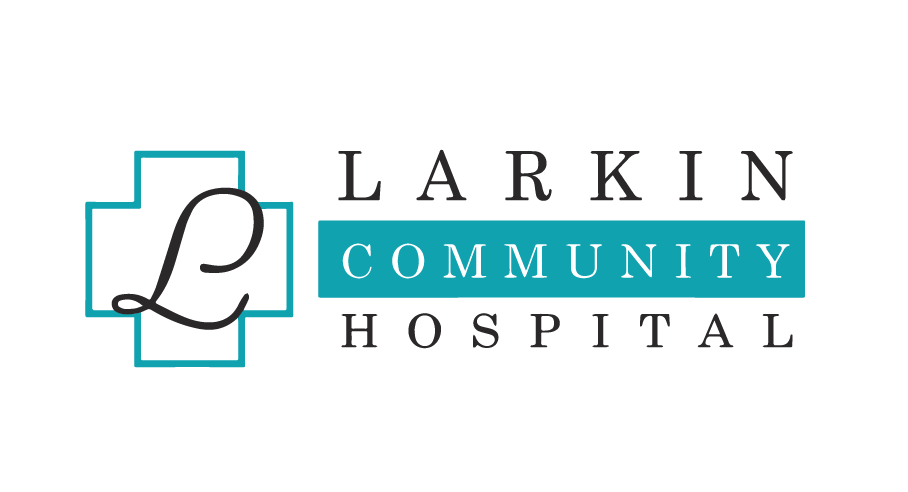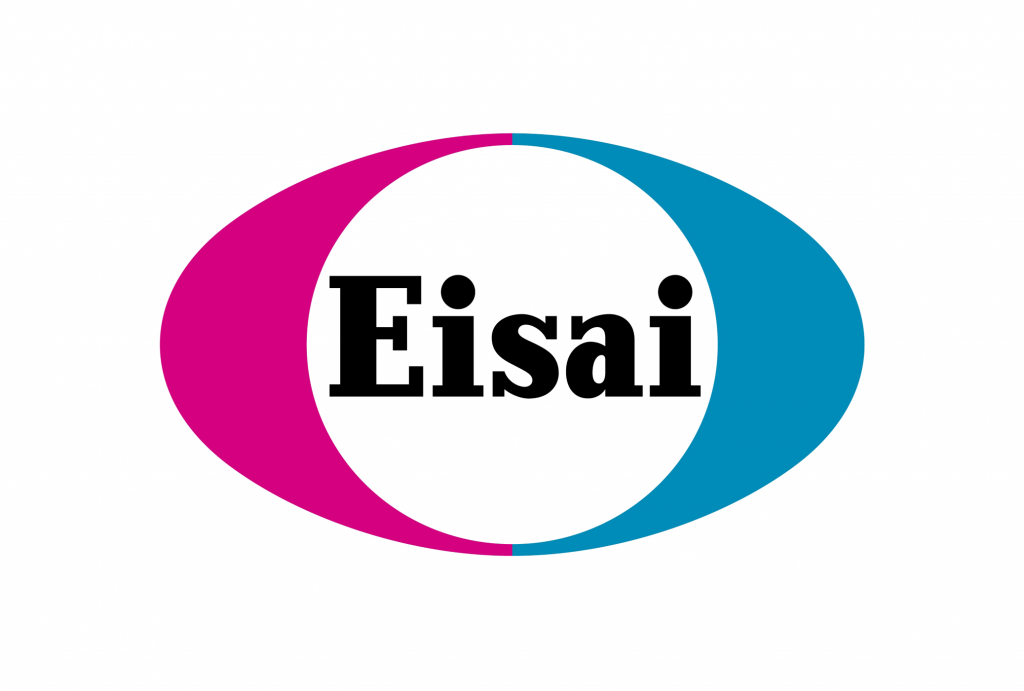The Affordable Care Act (ACT) requires that all health marketplace insurance plans cover treatment for pre-existing medical conditions. This means you can’t be rejected or charged more for your plans. Also, no insurance company can refuse to pay for essential health benefits for any condition you had before your coverage started. Once you’re enrolled, your plan can’t deny you coverage or raise rates based on your health.
The ban on discrimination based on pre-existing conditions extends to Medicaid and the Children’s Health Insurance Program (CHIP), also known as Kidcare, in Florida. You can learn more at https://www.healthcare.gov/coverage/pre-existing-conditions/
The Kaiser Foundation estimates that at least 52 million non-elderly adult Americans (27% of those under the age of 65) have a health condition that would leave them uninsurable under medical underwriting practices used in the vast majority of state individual markets prior to the ACA. Read more http://kaiserf.am/2q05U9M
In Florida, there are an estimated 3.1 million people with declinable pre-existing conditions, or 26 percent of the non-elderly population
Before the Affordable Care Act (ACA), people with a “declinable” or pre-existing conditions which automatically be denied coverage in the individual market insurance. Even if health insurance was obtainable, it could come with a high deductible or premium cost, or coverage exclusion for certain services or medications.
Prior to the ACA’s protections for person’s with pre-existing conditions, insurers also had a list of declinable medications, from blood thinners to anti-inflammatory medications for arthritis and medications used to treat anything from cancer to diabetes to mental health. There also declinable occupations – anything from iron workers to professional athletes to taxi drivers or window washers.
People who may have pre-existing conditions – including those with Epilepsy, cancer survivors, and those who struggle with complex and costly illnesses such as diabetes or asthma, want to make sure they can continue to be covered under reforms currently being considered by Congress.
The New York Times recently reported that people with pre-existing condition are worried they won’t be covered under reforms to the ACA being considered by Congress:
While insurers would not be able to deny coverage altogether under the Republican bill, the revised legislation allows states to seek a waiver from the existing rule that requires them to charge the same price to everyone who is the same age in the same region, regardless of how healthy they are. People who went uninsured for 63 days or more in the previous year could be charged based on their health status and see their premiums increase sharply. Healthier people might see their prices drop.
States would need to find another way to cover people with serious medical conditions to get a waiver. This might include a reinsurance program or a high-risk pool. Before the ACA, 35 states had high-risk pools but they only covered a small percentage of people needing coverage, according to a Kaiser Family Foundation analysis.
Read more: https://www.nytimes.com/2017/05/02/health/obamacare-patients-preexisting-conditions.html
Under the proposal that passed the US House of Representatives and will now be considered by the US Senate, insurers can’t deny coverage outright but they could increase premiums. The AARP estimate premiums could rise to $25,700 per year for people in high-risk pools.
 People who receive insurance through their employer would not be affected.
People who receive insurance through their employer would not be affected.




































Post a comment